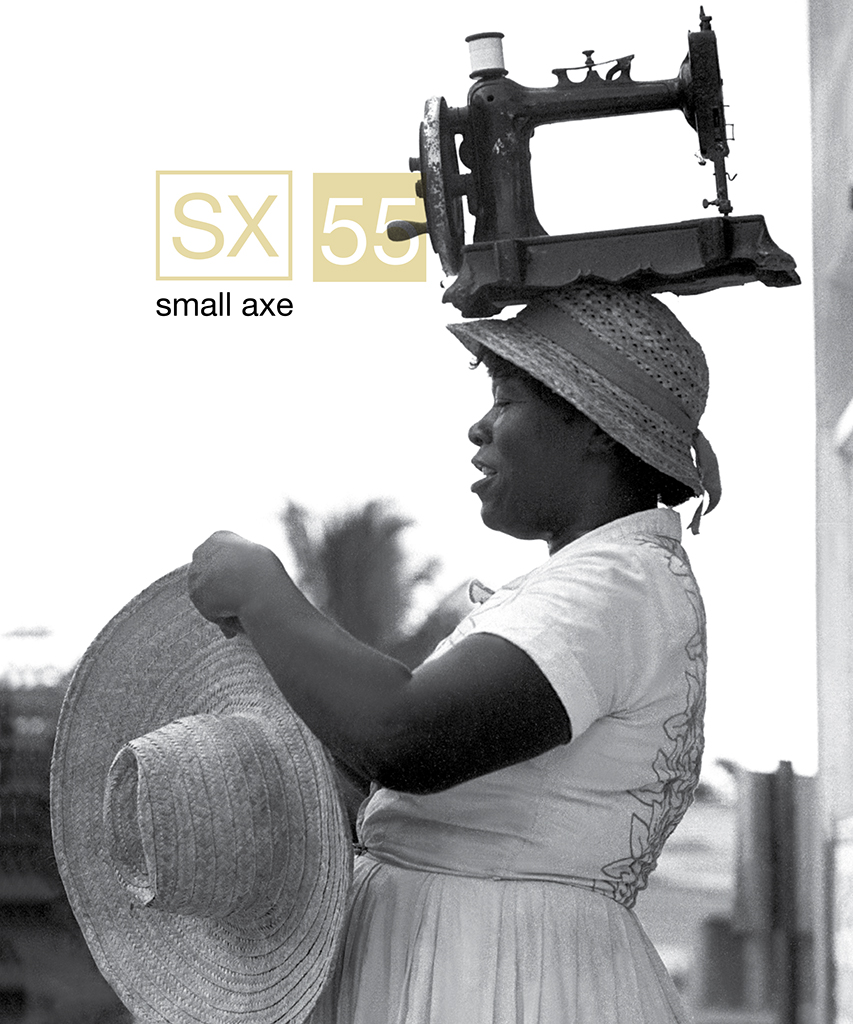
SX 55: 03.2018
"Have Machine, Will travel," 1960
Preface: Evil Beyond Repair
David Scott
Visualities
In Transition: The Bahamas at Mid-Century
Roland Rose
Book Discussion: Louis Chude-Sokei, The Sound of Culture: Diaspora and Black Technopoetics